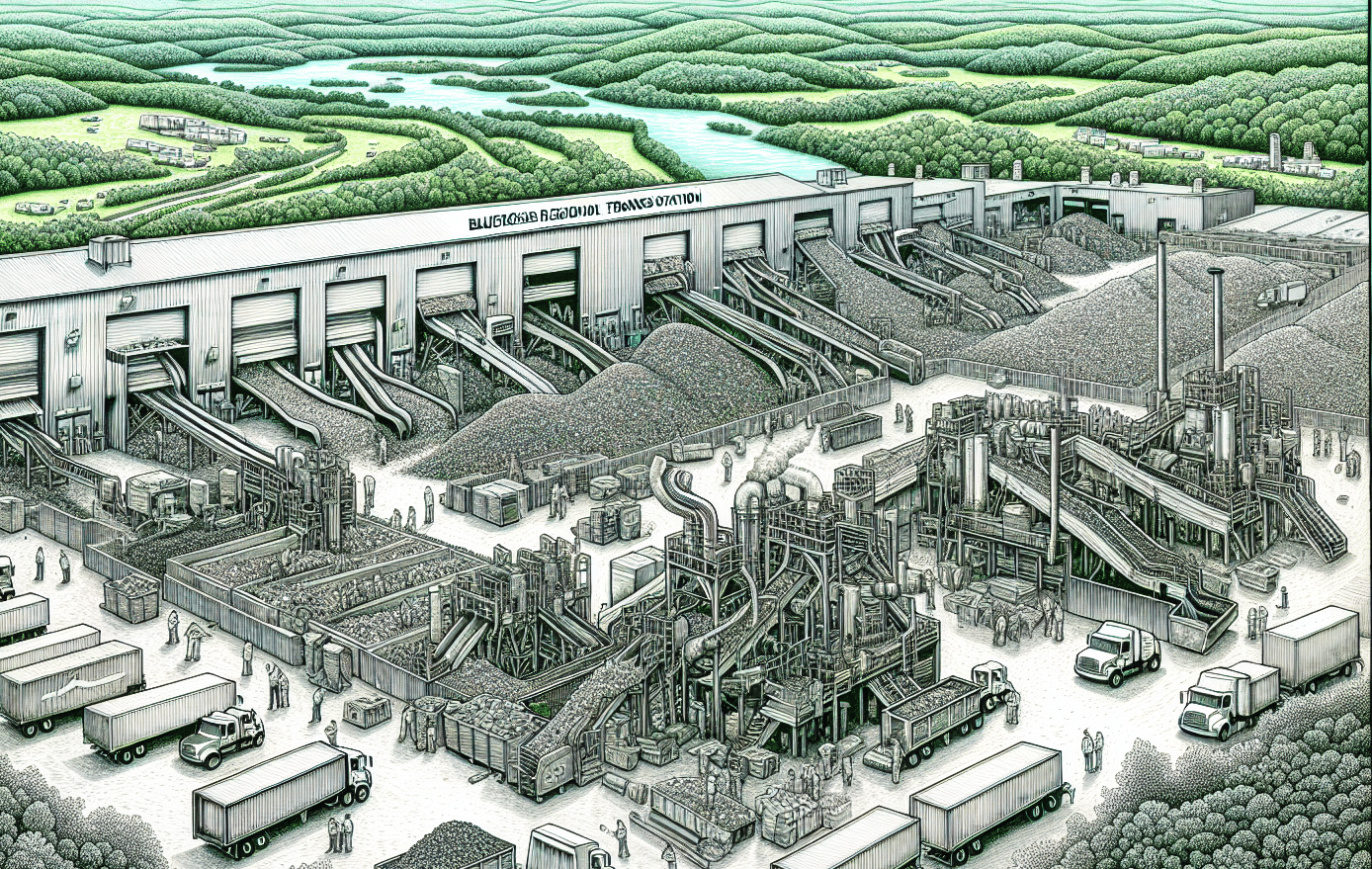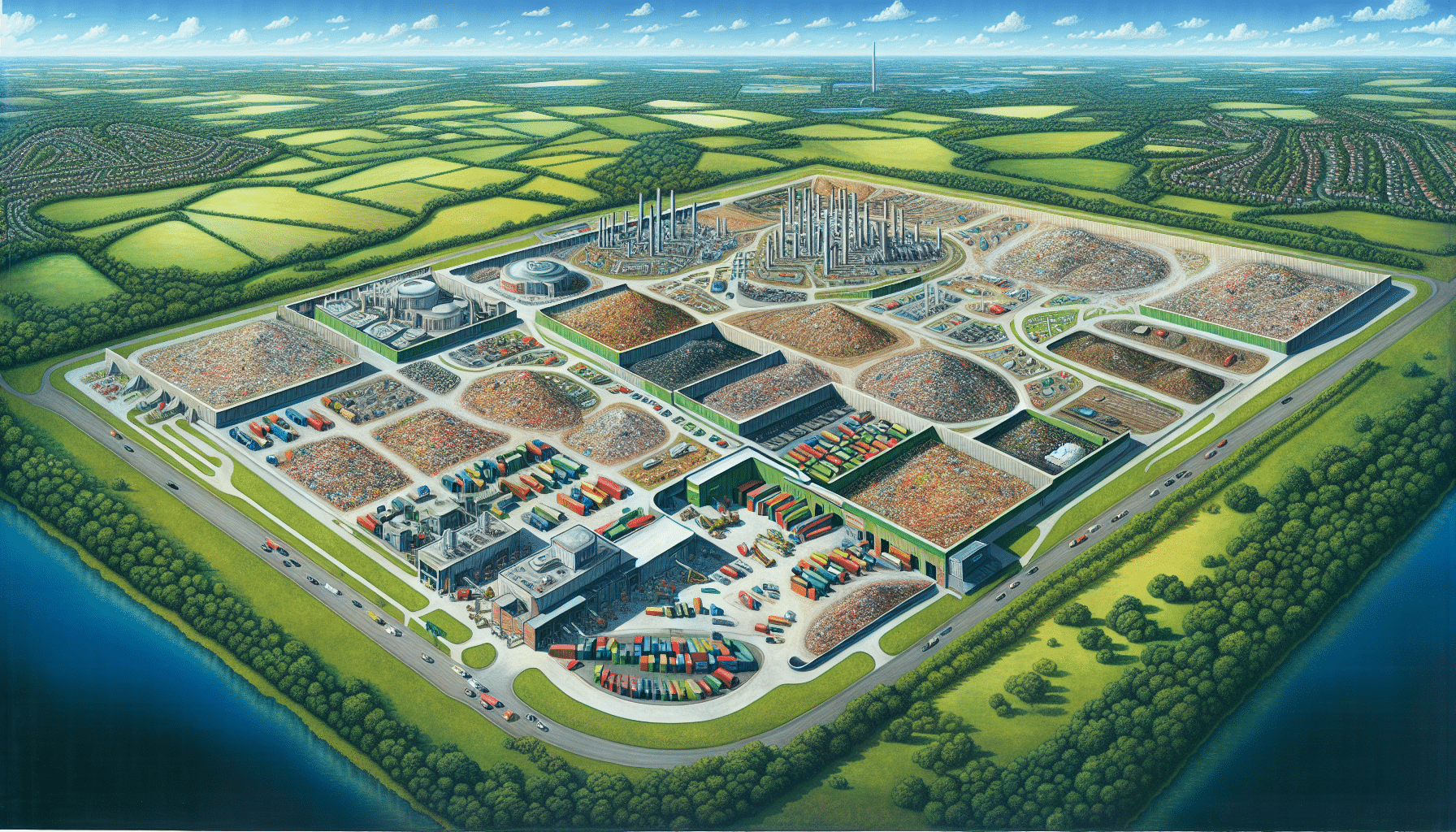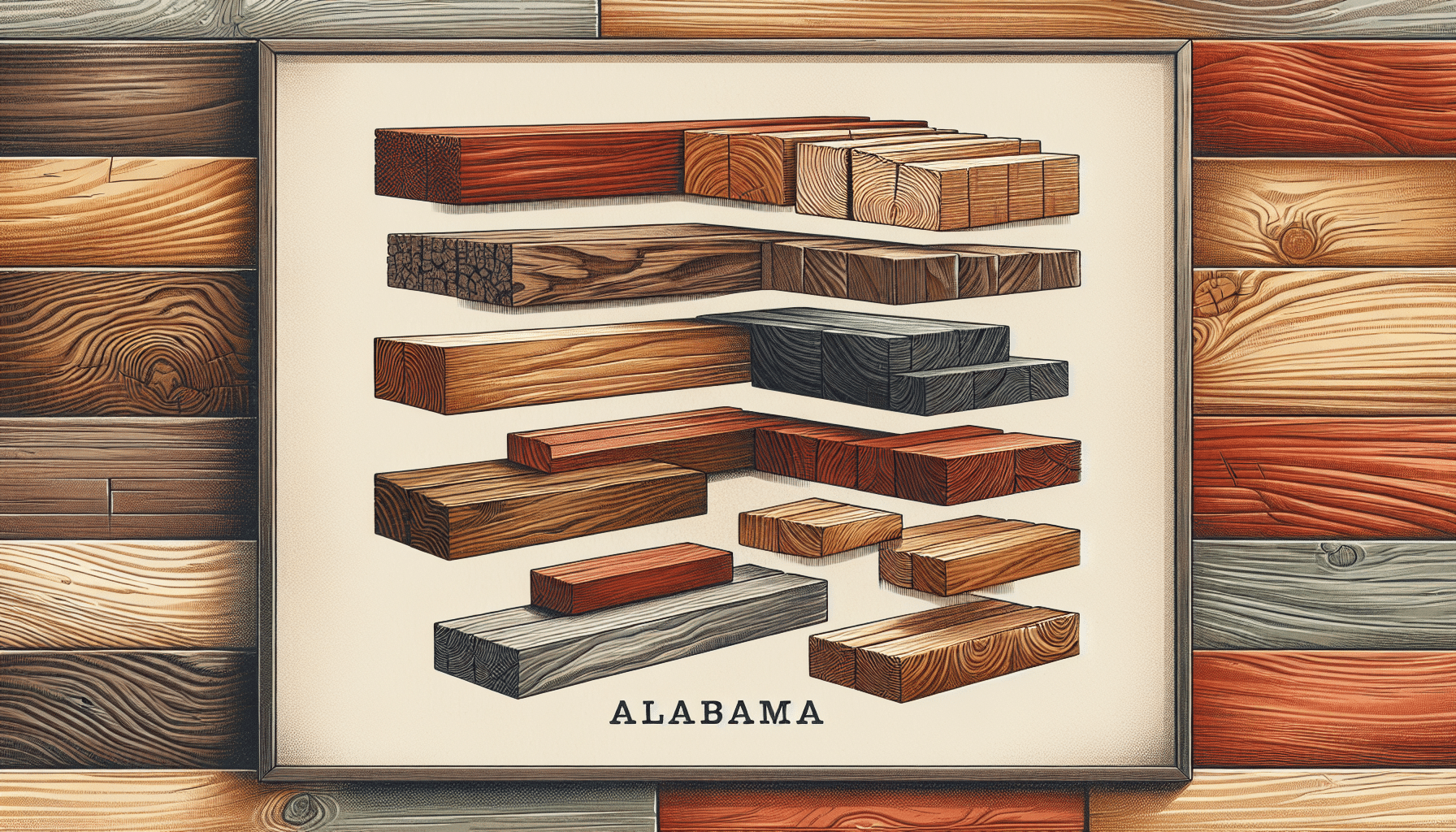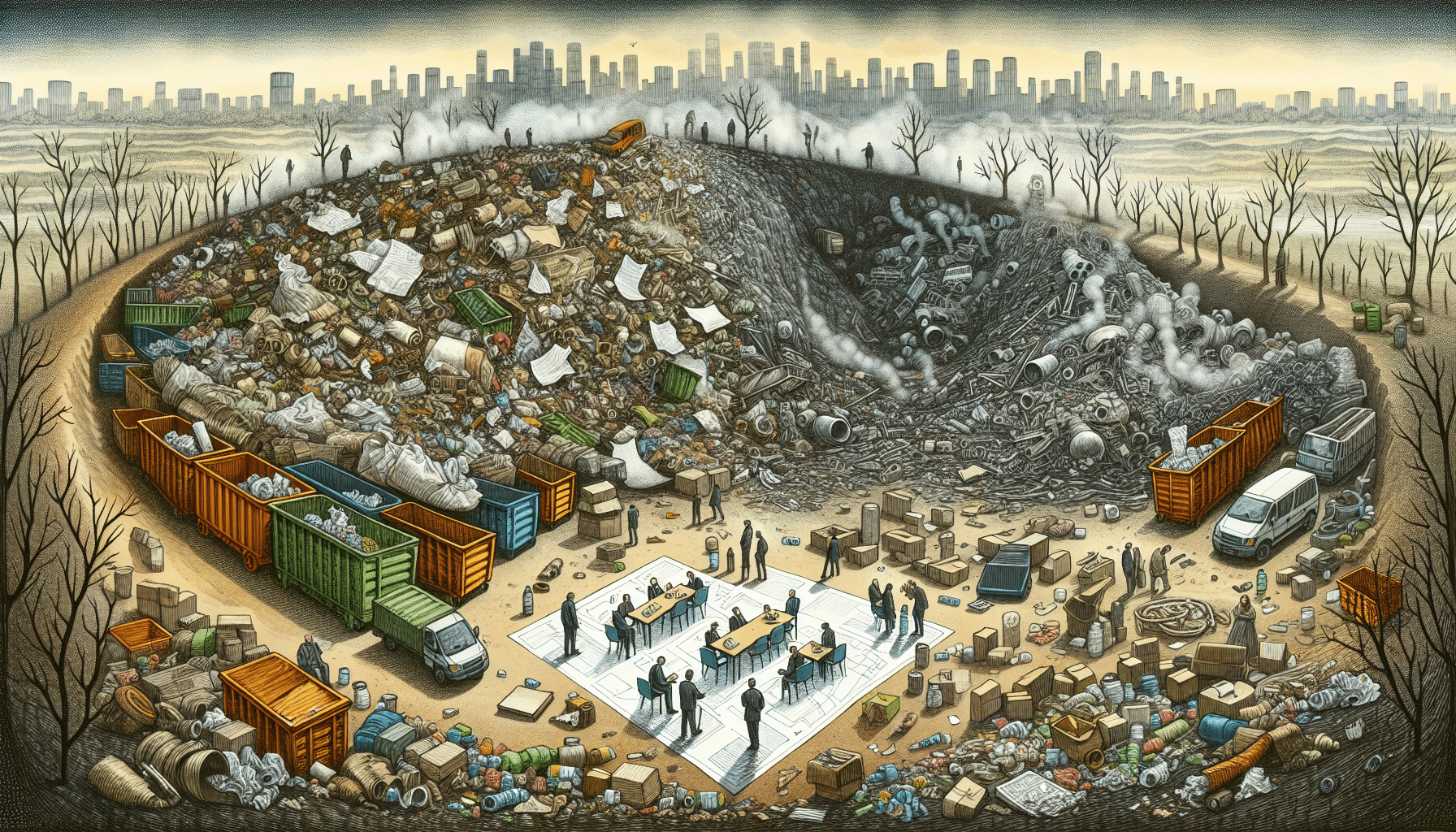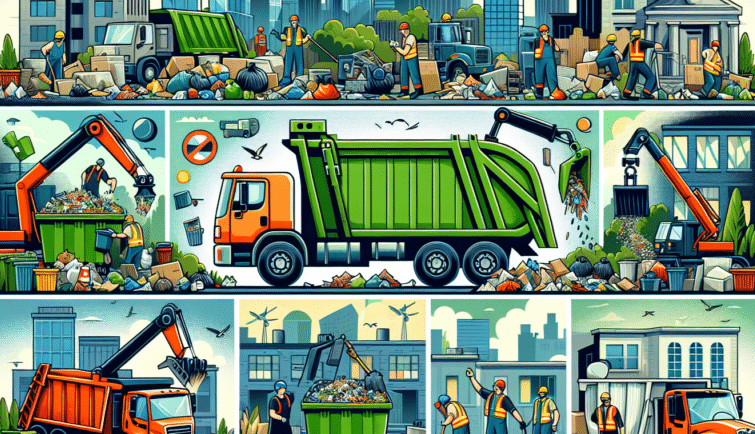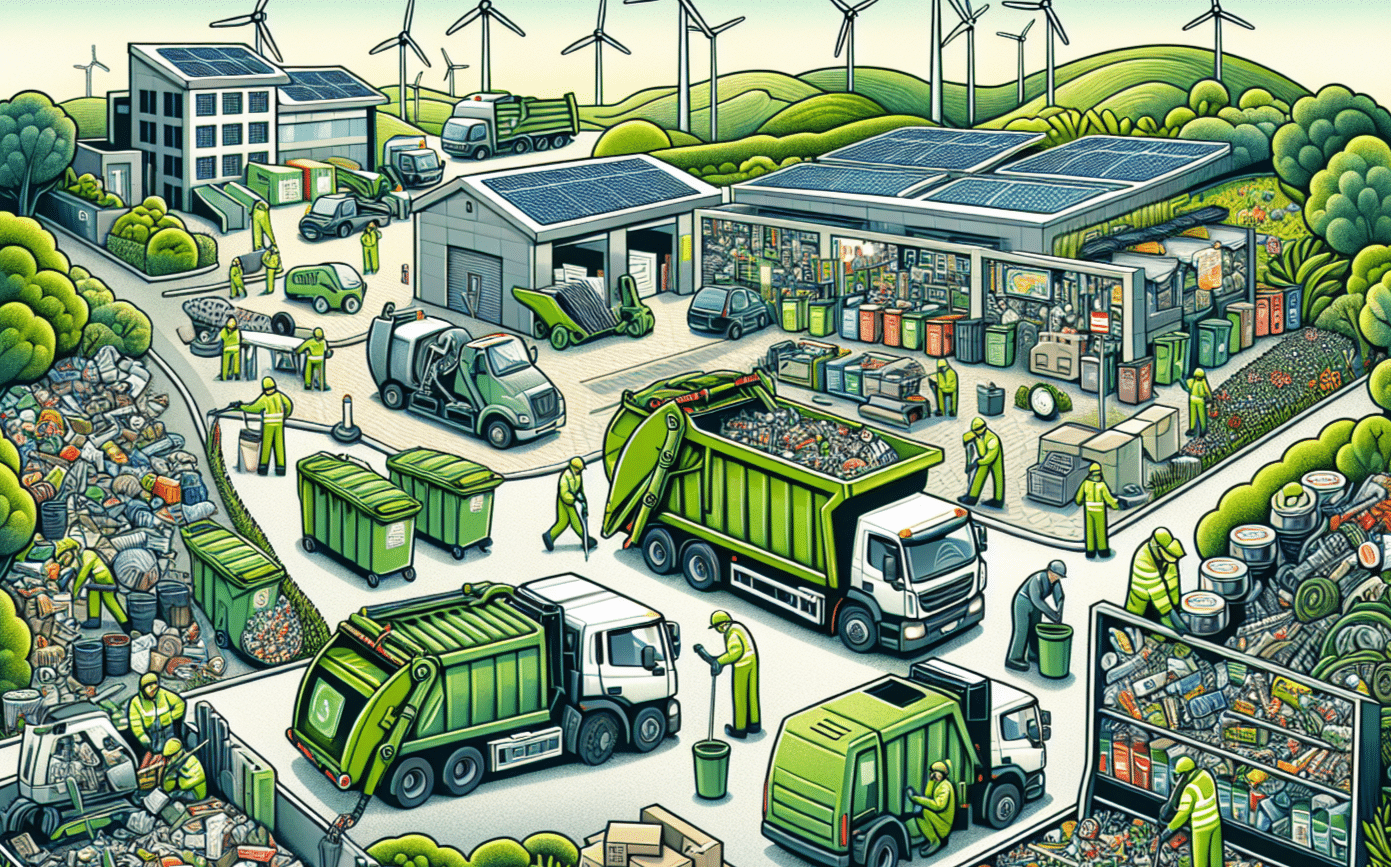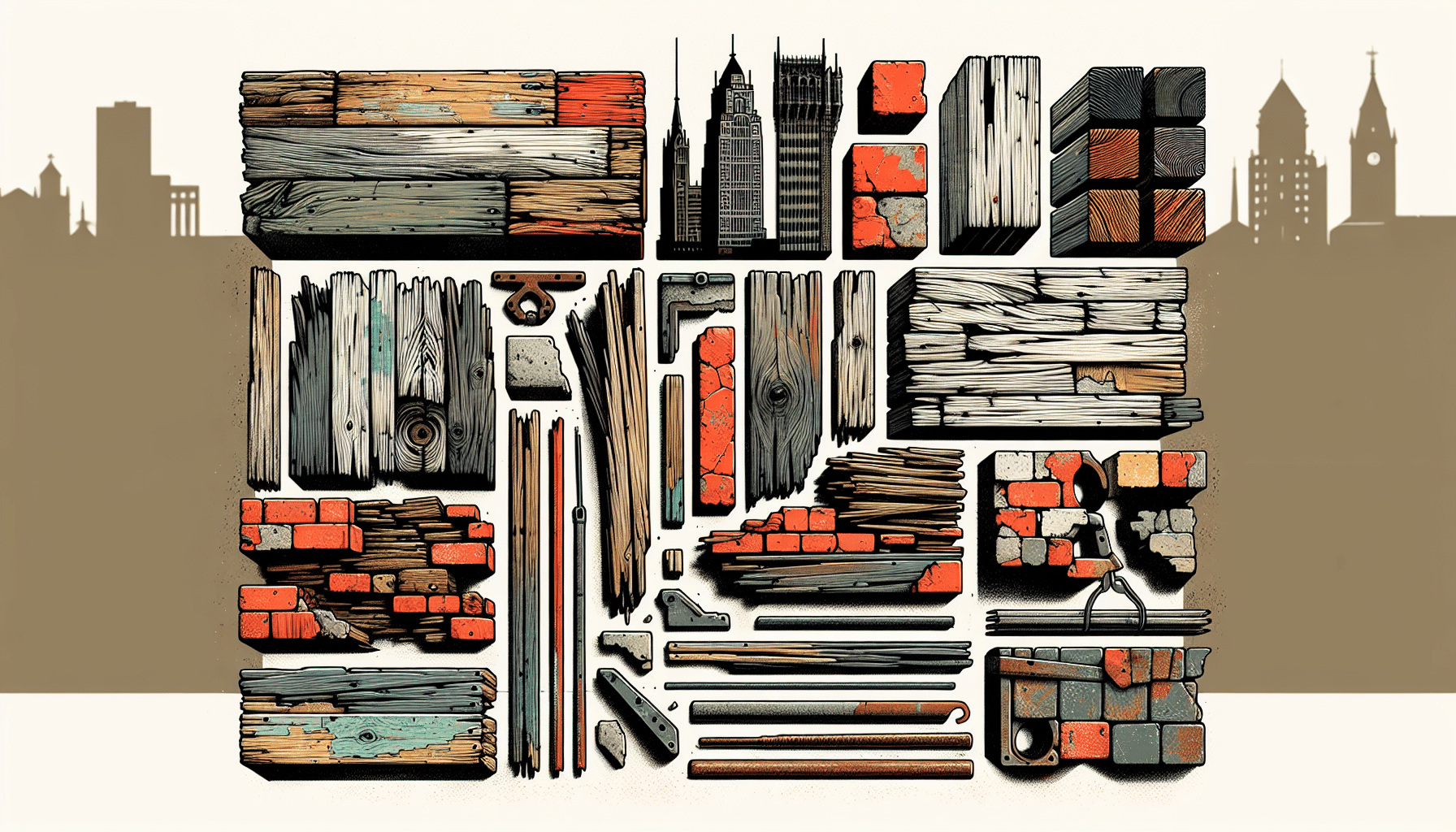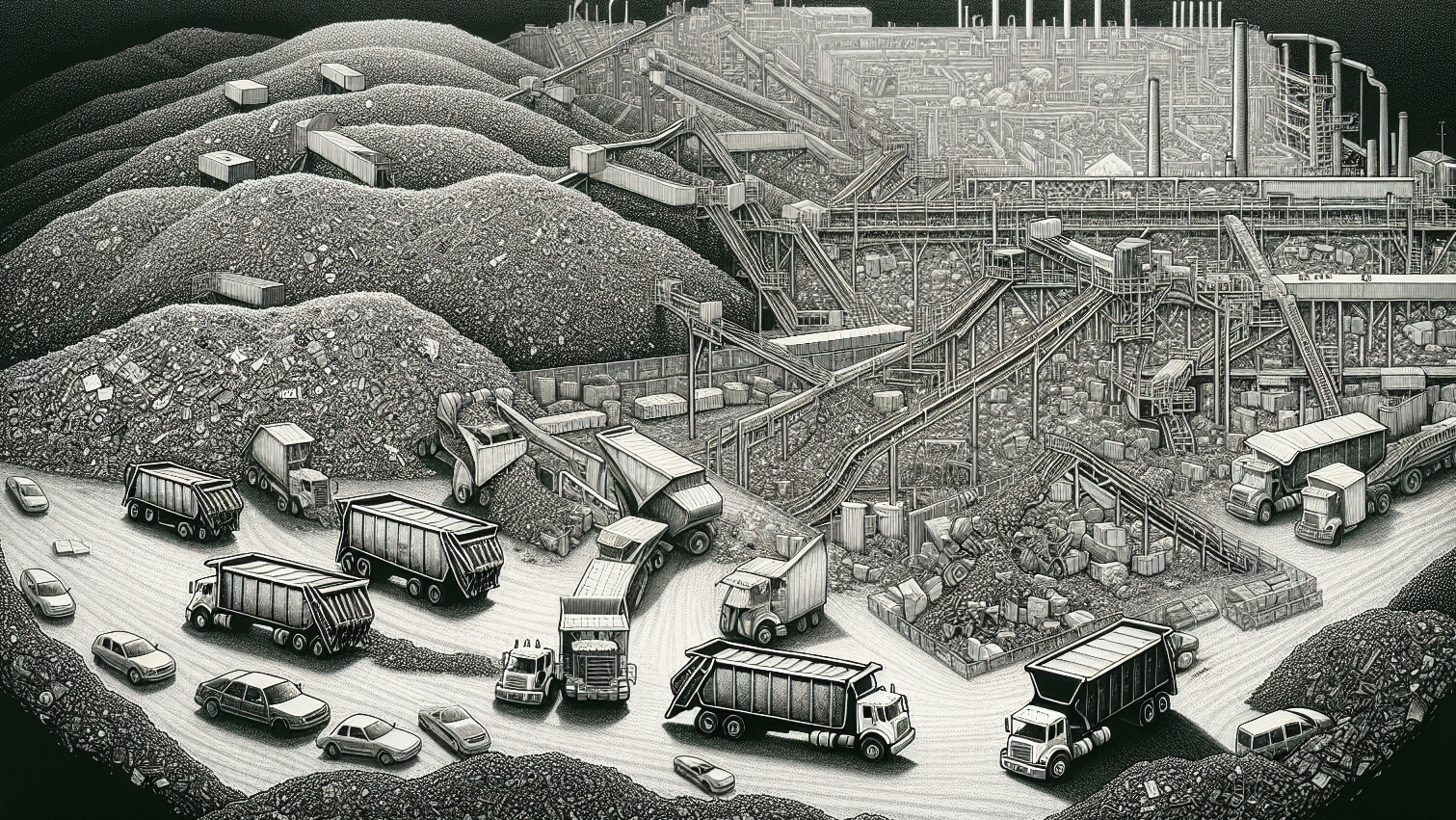Landfills are a key component of the Tulsa, OK’s, waste management strategy. If you’re looking to responsibly dispose of waste, this guide covers crucial details on where to go, what it costs, and how Tulsa is advancing in waste to energy. Find out exactly what you need to know about landfills in Tulsa, OK.
Key Takeaways
- Tulsa’s waste management incorporates state-licensed transfer stations, innovative ‘pay-as-you-throw’ models promoting waste reduction, and well-maintained landfills minimizing environmental impact.
- Fees for landfill waste disposal in Tulsa are structured to cover the costs of processing different types of waste, with a minimum fee of $50 for loads up to 2,000 lbs and additional fees for specific items.
- Tulsa is embracing Waste-to-Energy conversion, a sustainable alternative to traditional landfills, by transforming non-recyclable waste into energy to power thousands of homes, while significantly reducing greenhouse gas emissions.
Understanding Tulsa’s Waste Landscape
Waste management in Tulsa involves various strategies, including the use of state-licensed transfer stations such as the Tulsa Indoor Dump on Peoria Ave. These facilities cater to the disposal needs of both the general public and businesses, making it convenient for everyone to dispose of their trash responsibly.
The Tulsa Indoor Dump, located near Sand Springs, offers the following features:
- Drive-through facilities, which protect customers from weather inconveniences.
- Safe waste disposal and recycling options.
- An efficient and user-friendly process.
This thoughtful approach to waste disposal ensures that the process is as efficient and user-friendly as possible.
Another innovative approach to waste management in Tulsa is the ‘pay-as-you-throw’ model. This model incentivizes residents to minimize their waste production by varying waste collection fees based on the amount disposed. This strategy encourages waste reduction and promotes responsible waste disposal.
Navigating Landfill Fees and Processes
In Tulsa, the landfill process is straightforward. The in-city dump accepts non-hazardous household and commercial waste, along with construction and demolition materials. However, there are size restrictions for yard waste, and root balls are not accepted. This ensures that the landfill can efficiently manage the waste and maintain its capacity for future use.
The minimum fee for dumping waste is $50 for loads up to 2,000 lbs. Additional fees are incurred for specific items such as mattresses and tires, which vary based on type and size. These fees are designed to cover the costs of managing and disposing of different types of waste. Payments for these fees are made by credit card and ID at the time of the transaction for loads that are weighed out. This ensures that payments are secure, and records are kept for future reference.
Understanding these processes and fees is crucial in navigating the landfill system. By doing so, you can ensure that your waste is properly disposed of and that you comply with the city’s waste management policies.
Advancements in Waste to Energy Conversion
One of the most exciting developments in the waste industry is the conversion of waste to energy. This technology is a sustainable alternative to landfill waste disposal and significantly reduces greenhouse gas emissions, including methane gas. It’s changing the way we think about waste, turning what was once a problem into a solution.
In Tulsa, non-recyclable waste is converted into energy at Waste-to-Energy landfills. These facilities can supply enough electricity to power thousands of homes in Northeast Oklahoma, transforming waste into a valuable resource.
Waste-to-Energy facilities have the potential to reduce up to 21 million tons of greenhouse gas emissions annually. Additionally, Waste-to-Energy facilities showcase a significant amount of environmental benefit, underscoring how Waste-to-Energy technology can mitigate climate change.
The emissions from the Waste-to-Energy combustion process are managed with filters and cleaning systems to ensure they have minimal environmental impact. This commitment to environmental compliance is a testament to the city’s dedication to sustainable waste management.
Services Beyond the Landfill
Landfills are a significant part of Tulsa’s waste management strategy, but they’re not the only solution. Tulsa also provides bulky waste collection services for items too large for regular refuse carts or exceeding yard waste size limitations, with a fee of $10 per 8 cubic yards.
However, there are some restrictions. Certain items like hazardous materials, explosives, and loose glass, are prohibited from the bulky waste collection services. These restrictions ensure the safety of the city’s waste management personnel and the community.
Residents must place these bulky wastes at the curb by 5 a.m. on the scheduled pick-up day, adhering to specific rules to avoid blocking public ways or creating hazards. These rules ensure that the collection process is efficient and does not disrupt regular traffic or pose safety risks.
For items that can be recycled, Tulsa features designated Mr. Murph recycle bins. These bins accept paper, cardboard, plastic bottles, and metal cans. This service makes recycling convenient and promotes a more sustainable approach to waste management, all while being conveniently located.
Beyond these regular services, Tulsa also features specialized centers that offer comprehensive services for the management, treatment, disposal, and recycling of hazardous and non-hazardous waste, including soils, bulk liquids, bulk solids, and drummed wastes. These services underline Tulsa’s commitment to responsible and comprehensive waste management.
Operating Hours and Holiday Schedules
Knowing the operating hours of the landfill is crucial for planning your waste disposal. Tulsa’s landfill is open Monday through Friday from 7:00 AM to 4:30 PM. Customers must arrive before 4:30 PM on weekdays to unload their waste. On Saturdays, the landfill’s operating hours are from 8:00 AM to 12:30 PM. Customers must arrive by 12:30 PM for hand loads. This ensures that the landfill can manage the influx of waste effectively and maintain its operating efficiency.
It’s also important to note that the landfill is closed on most major holidays, including Sundays, so it is important to plan accordingly. :By knowing these schedules, you can plan your waste disposal accordingly and avoid any inconveniences.
Summary
Tulsa’s waste management system is designed with efficiency and sustainability in mind. From state-of-the-art facilities like the Tulsa Indoor Dump to the ‘pay-as-you-throw’ model that encourages waste reduction, Tulsa is taking innovative strides in managing waste responsibly. Advancements in Waste-to-Energy technology are transforming the waste industry, turning waste into a valuable resource. By understanding these systems and making the most of the services available, we can all contribute to a more sustainable future.
Frequently Asked Questions
What types of waste does the Tulsa Indoor Dump accept?
The Tulsa Indoor Dump accepts non-hazardous household and commercial waste, as well as construction and demolition materials.
What is the ‘pay-as-you-throw’ model?
The ‘pay-as-you-throw’ model is a waste management strategy that adjusts waste collection fees based on the amount disposed.
How does Waste-to-Energy technology work?
Waste-to-Energy technology works by converting non-recyclable waste into energy, reducing greenhouse gas emissions and providing electricity for homes.
What items are accepted in the bulky waste collection services?
Bulky waste collection services accept items that are too large for regular refuse carts or exceed yard waste size limitations, but they prohibit hazardous materials such as liquids, explosives, and loose glass.
When is the landfill open?
The landfill is open Monday through Friday from 7:00 AM to 4:30 PM and on Saturday from 8:00 AM to 12:30 PM. It is closed on Sundays and all major holidays.








































































